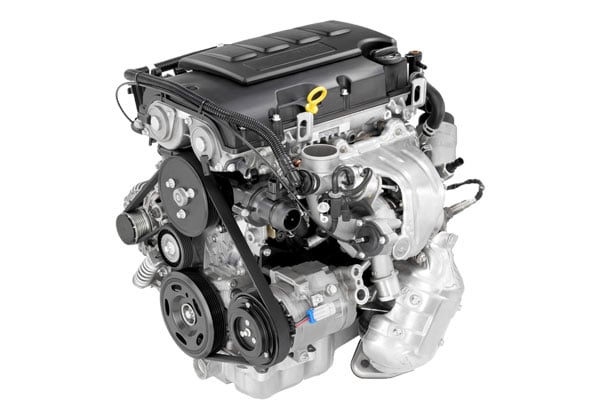Why are my engine revs high?

My engine consistently pulses at 2200 to 2800 rpm when in neutral/clutch down. It seems to want to continue accelerating when in gear. Could it be a maladjustment of the gear and clutch cables? Paul
Hello Paul, without hindsight or privy access to full details about your car make, model, engine and transmission type, I only will make a clever guess. You drive a car with a manual transmission, given the fact that you mention ‘clutch’ twice. Your concern seems to be constant high engine revolutions even when you engage the clutch or your gear is in neutral (where ordinarily the engine revs should drop down to normal idling revs of about 800 rpm).
Engine revolutions (what you seem to call pulsations) is basically how fast your engine turns or runs and which determines how much power it delivers. Engine revolutions are controlled using the air intake system or throttle unit of any engine whenever you accelerate, decelerate or let the engine idle. Ordinarily, an engine should choke during cold starts; that is, run at about 1000 rpm (revolutions per minute). As the engine warms up the revs drop down to about 800rpm.
When you engage the clutch or select neutral after engine warm up, your engine revs should drop to about 650-800 rpm depending on any other components loading your engine such as air conditioner, steering pump and lights, among others. 2200 -2800 rpm are abnormally high engine idling speeds at idling or neutral.
For both diesel and petrol engines, it is often caused by a defective air intake or vacuum system. Uncontrolled acceleration or engine idling will reduce fuel economy, affect car handling and control, especially because the car will seem to have a mind of its own as it seems to self-accelerate. A mechanic needs to inspect the intake system to rule out unmetered air leaks before the throttle, damaged throttle cables or linkages, as well as a damaged throttle or air intake unit.




